Keywords: Andrew Hamilton
-
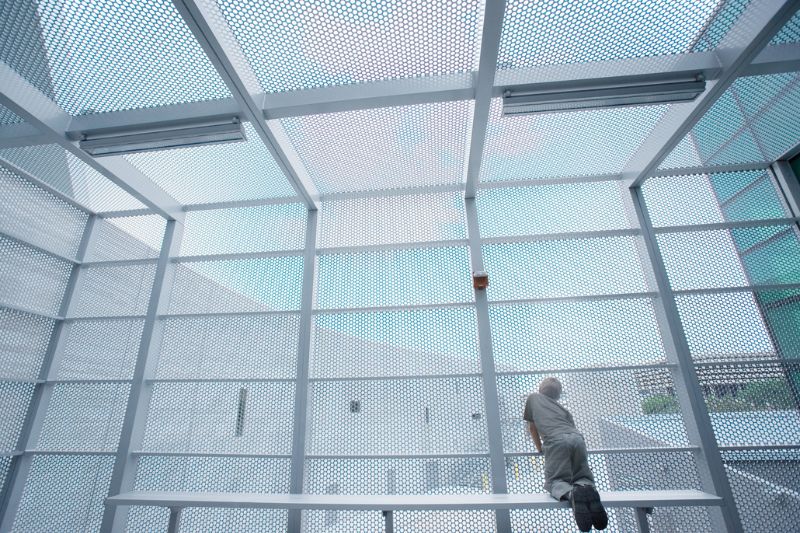
AUSTRALIA
- Andrew Hamilton
- 08 May 2024
3 Comments
With the Queensland Government changing the Youth Justice Act, detention of children will no longer be seen as a last resort, causing widespread dismay among youth justice advocates. It invites reflection on what we should expect when we advocate for a cause, ranging from climate change to perceived injustice, and how we should evaluate our efforts.
READ MORE
-
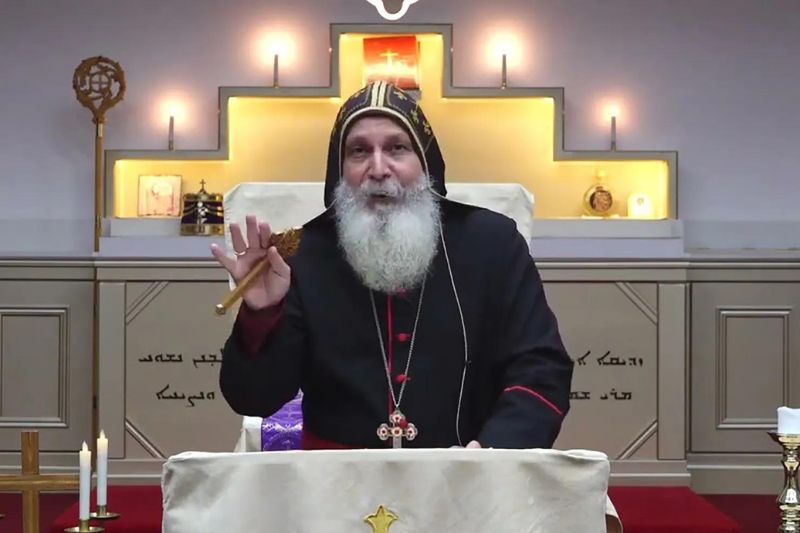
AUSTRALIA
- Andrew Hamilton
- 02 May 2024
7 Comments
To identify children as terrorists is a distraction from considering the broader social and psychological contexts that made this violent ideology seem reasonable. The larger task in investigating how they became exposed to that violent ideology, how they were attracted to it, and how they can be drawn away from it.
READ MORE
-

ARTS AND CULTURE
- Andrew Hamilton
- 29 April 2024
2 Comments
What are we to make of the enthusiasm that led to the discovery of the bus once used in The Adventures of Priscilla, Queen of the Desert and the plan to restore it for a remake, thirty years later?
READ MORE 
-

AUSTRALIA
- Andrew Hamilton
- 25 April 2024
1 Comment
Good health is not an achievement to take credit for. It is something to be grateful for, a sign of good fortune as well as of good living. We must press for health to be seen as a right shared equally by all people throughout the world. And addressing that need in Australia must begin by strengthening our public health system.
READ MORE
-
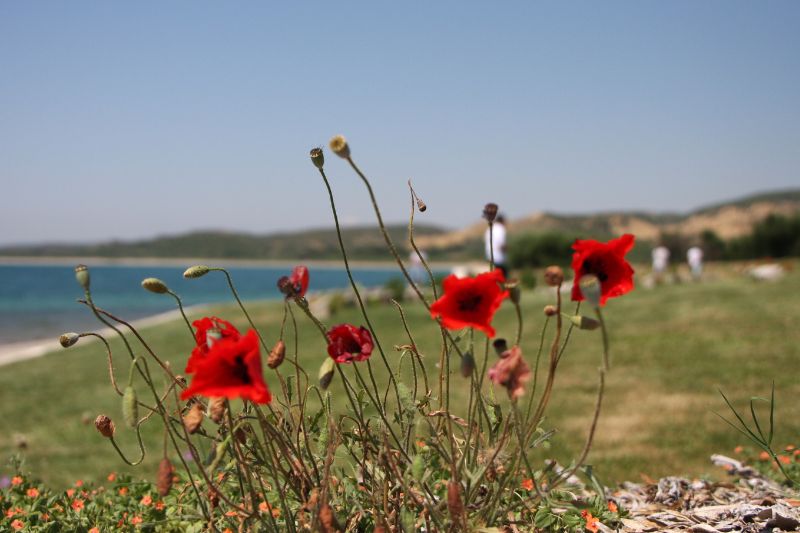
AUSTRALIA
- Andrew Hamilton
- 16 April 2024
Anzac Day draws us away from the geopolitical chess board to consider the price that so many persons have paid for the wars in which their leaders join. It reminds us of the need for diplomacy based on respect for the humanity of persons on all sides of conflict.
READ MORE
-
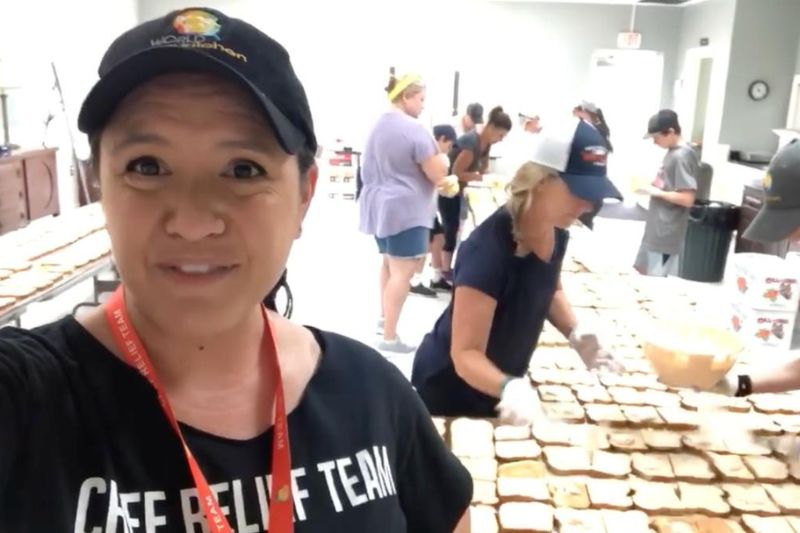
INTERNATIONAL
- Andrew Hamilton
- 10 April 2024
5 Comments
Our attitudes to war change drastically when it becomes personal. The killing of Zomi Frankcom, together with other members of the Charity organisation World Central Kitchen, made the war between Israel and Hamas personal. It has led many people to see the destruction of Gaza and its people as not only regrettable but intolerable.
READ MORE
-
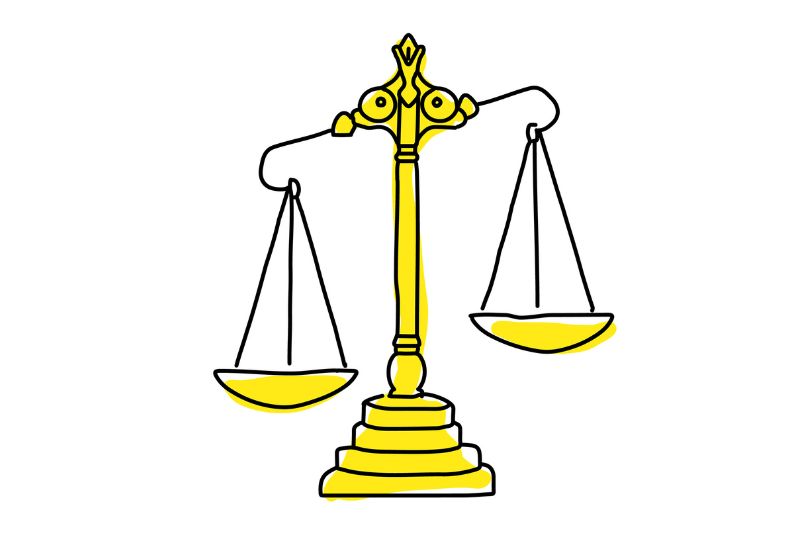
AUSTRALIA
- Andrew Hamilton
- 04 April 2024
1 Comment
This week, the Federal Government quickly introduced a new policy in response to a recent High Court decision that prevents them from indefinitely detaining a small number of individuals they wish to remove from Australia.
READ MORE
-
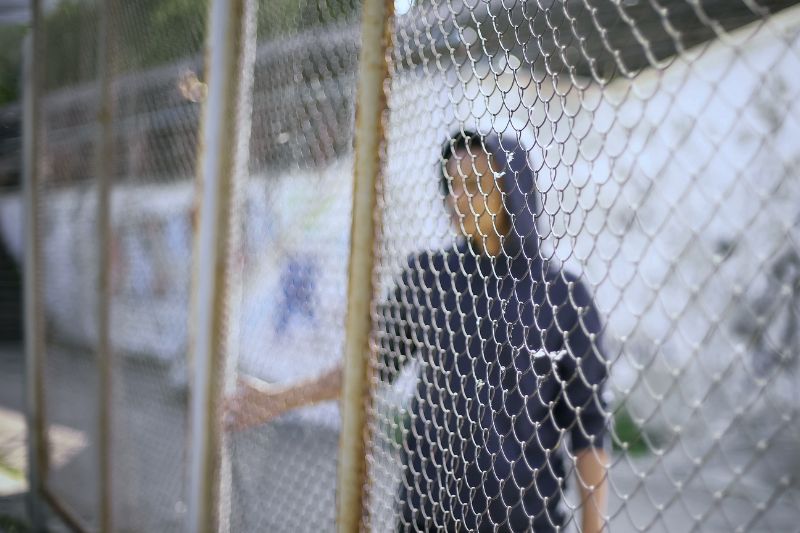
AUSTRALIA
- Andrew Hamilton
- 28 March 2024
2 Comments
As a response to a wave of youth crime, some State Governments and Federal politicians have committed to policies that neglect the human reality of the young people concerned. This will likely have negative consequences both for those immediately affected and for society at large.
READ MORE
-

AUSTRALIA
- Andrew Hamilton
- 27 March 2024
Love is a much-used word, and, like domestic cutlery, it tends to lose its shine. Its boundaries then shrink to the average rather than to the inspiring. For that reason we need stories that stretch the ceiling of love beyond anything we could imagine. Not because we think that we could reach such far places, but because it enlarges the horizon of our lives.
READ MORE
-
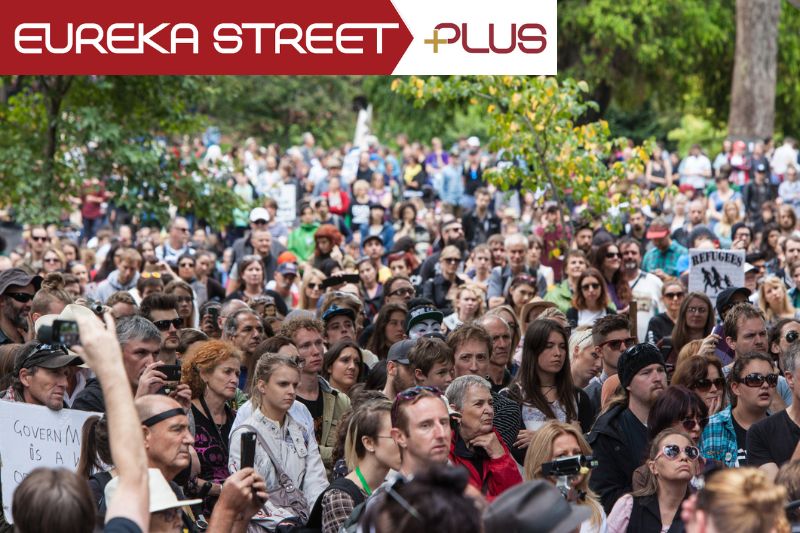
RELIGION
- Andrew Hamilton
- 27 March 2024
1 Comment
Palm Sunday stands at the intersection of the world of justice and goodness and the brutal political realities in human societies. It mocks the pretensions of power that considers only the expediency of actions and not the human reality of the people affected by them. At that intersection today, refugees lie in the centre.
READ MORE 
-
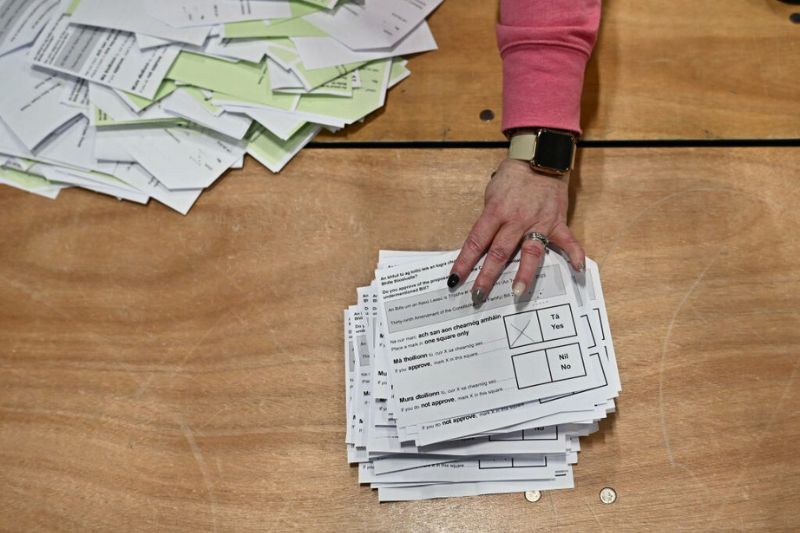
INTERNATIONAL
- Andrew Hamilton
- 21 March 2024
3 Comments
Much like Australia's recent Indigenous Voice Referendum, the recent Irish referendum sought to change constitutional perspectives on family and marriage met with overwhelming defeat. What does this reveal about the relationship between public sentiment and the process of enacting constitutional changes?
READ MORE
-

AUSTRALIA
- Andrew Hamilton
- 19 March 2024
Recognition is not simply an acceptance of facts. It involves also entering the experience of the people affected. Reconciliation must begin with truth telling, flow into empathy, and be followed by a conversation aimed at building decent relationships.
READ MORE